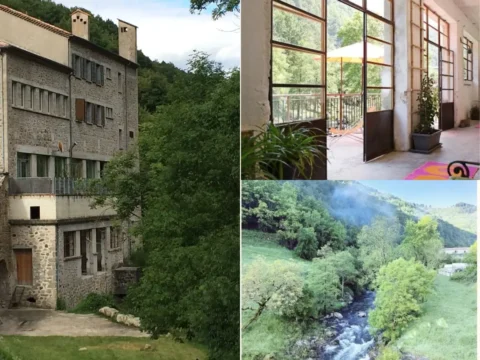Herbalist
 The herbalist – selection of herbal medicine – photo Wikipedia
The herbalist – selection of herbal medicine – photo Wikipedia
Who is the herbalist?
A herbalist is a person who has the necessary knowledge to identify, collect, process and store medicinal plants, in compliance with current regulations.
People generally associate the herbalist with a person who sells and recommends herbal products behind a shop counter. But in reality, this is not all. He/she also deals with the collection, cultivation and recognition of medicinal herbs, as well as their processing into herbal, food or cosmetic products. In many cases, this professional figure follows a specific course of study, which makes him/her a trained operator and a professional reference for the proper use (without risk) of medicinal herbs.
How to become a herbalist
To become a qualified herbalist, it is necessary to be in possession of a three-year degree in Herbal Techniques or related universities. The qualified herbalist has technical-scientific skills and practical-theoretical knowledge that go far beyond the composition and properties of plants.
Here are some of the fields they usually cover during the h. training:
- General and organic chemistry
- Physics
- Botany
- Plant biology
- Human anatomy and physiology
- Human pathology
- Pharmacology
- Toxicology
- Pharmacognosy
- Phytotherapy
- Phytochemistry
- Agronomy
- Food hygiene
- Cosmetic formulations
- Laboratory of herbal preparations
Trust only qualified experts
Only a qualified herbalist can carry out this profession, but regulations and controls are still weak almost everywhere in the world, so currently, anyone can work or open a herbalist shop.
Two types of Herbal experts:
- The qualified herbalists: are in possession of a degree in Herbal Techniques. They can collect, cultivate, process, mix and sell medicinal plants and their derivatives.
- The unqualified herbalists: they may have participated in some amateur course of herbalism and are certainly passionate about it but do not have a degree or former diploma. They can only sell packaged products, without being able to handle and mix medicinal herbs in bulk.
In addition to these practical differences, there is also a profound difference between the two categories with regard to their preparation. Surely the unqualified h. can have many years of experience in the field and have studied independently, but this is not enough to have the professional skills and technical and scientific preparation of a qualified expert.
For more information also visit the following tag sections:
Herbalist (volunteer projects related)
This is a list of volunteering projects in which you can learn about herbal medicines, or you can help as a “volunteer herbalist”. This page can only show 12-15 articles. Click on ‘older posts’ to see more. Are you looking for a volunteer herbalist? Or are you looking for helpers? Feel free to add your listing!








